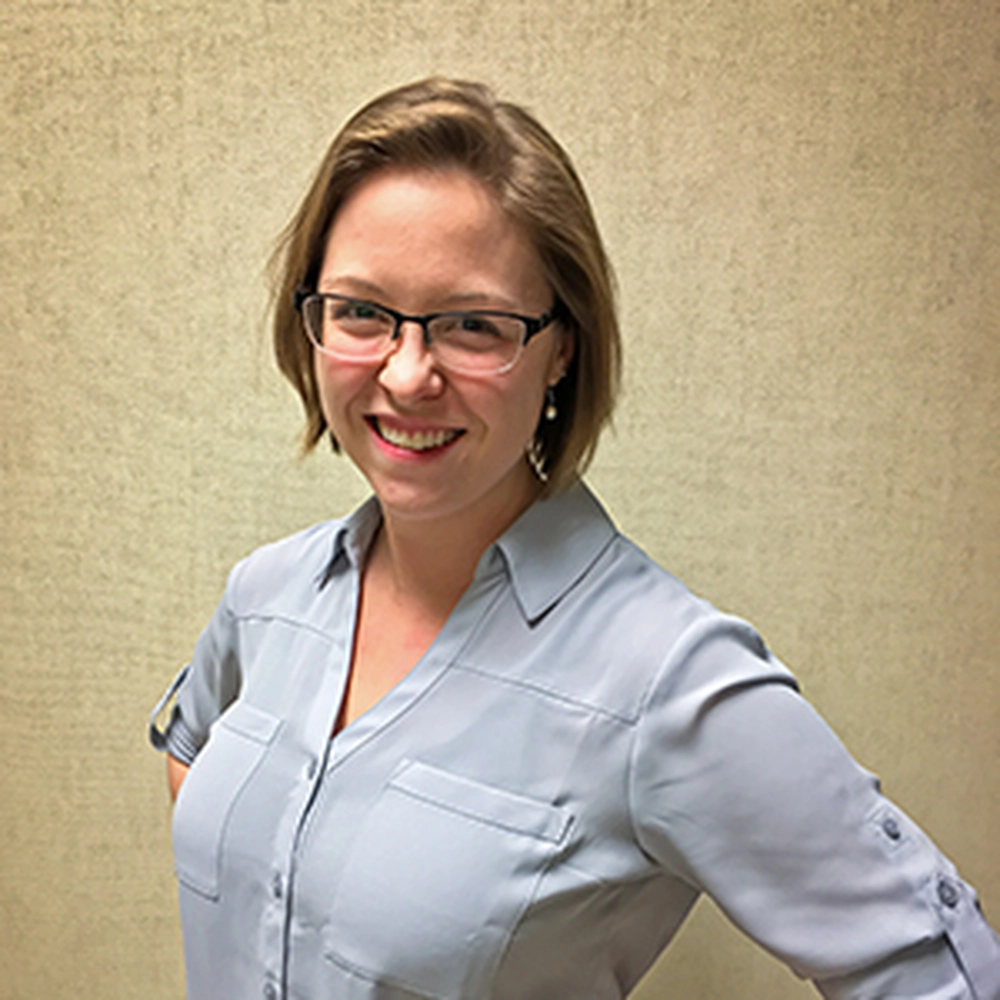
Kali Miller, a fourth year PhD student, is the Joint Safety Team (JST) representative for Professor Paul Braun’s research group and currently serves as the only graduate student on the ACS National Committee on Chemical Safety—a prestigious role that comes with partial support to attend all ACS national meetings. Here she discusses her recent work related to lab safety and student safety programs.
Student-enforced safety programs, most commonly called Joint Safety Teams (JSTs), have emerged across the country as an effective way of addressing the need for an improved culture of safety in research-intensive science departments. Starting with the University of Minnesota and then Yale and Ohio State, the Illinois JST was created in 2016. Since then, the group has become a resource for other institutions that would like to start their own programs. The JST currently holds monthly meetings with safety officers from each lab, develops training programs, creates anonymous incident reporting, organizes standard operating procedure using an online repository, includes a mental health and well-being branch, and more.
I was appointed in 2017 to serve on the ACS National Committee on Chemical Safety, which makes recommendations to the ACS Council and Board of Directors on matters of chemical safety and publishes safety-related educational materials that are distributed all over the world. This past February, I was invited to attend the Safety Summit led by ACS President and Illinois chemistry alumnus Peter Dorhout, where it was determined that ACS would like to do more to empower graduate student members to develop chemical safety skills that are necessary for employment.
To help accomplish this goal, I have developed a workshop with the ACS Chemical Health and Safety Division for connecting institutions across the country that are interested in creating or improving student safety programs. The first workshop, titled "Developing Leadership Skills in Academic Laboratory Safety," was held at the spring National ACS Meeting in New Orleans, LA on March 18th. The purpose of this workshop was to develop individualized plans for the creation or improvement of student safety programs. Other key topics included hazard assessment, risk management, and safety management practices. Michail Vlysidis from the University of Minnesota served as the co-host, and this event was successful with 19 total attendees from 14 different universities. Due to its popularity, this workshop will be offered again with increased capacity at the next ACS meeting in Boston.
Keep an eye out for other new ACS educational materials and resources for graduate students over this next year!
Kali Serrano, Chemistry PhD Student, Paul Braun Group